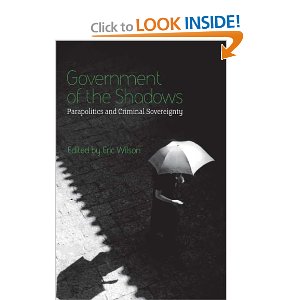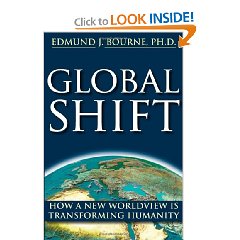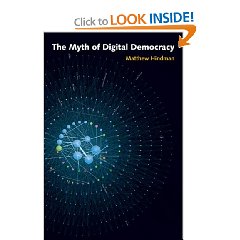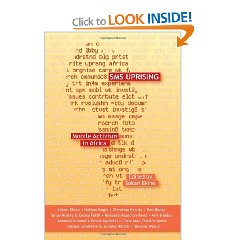
Book by Nasser Aruri
| By | Edgar Hopida (San Diego, CA United States) – See all my reviews (REAL NAME) |
It seems like its the same negative reviews coming from the same people who have a seemingly blind support for Israel. Professor Naseer Aruri uses mainstream US, Israeli, and Palestinian sources to analyze whether in fact the United States government has been an honest broker in the Israel-Palestine conflict. According to the mounting evidence, US has in fact NOT been an honest broker, tilting more toward the side of Israel and placing any failure to the peace process on the Palestinians and their representatives. Also according to the documented history, Israel has enjoyed an immunity that is unprecedented in the international arena. For 40 years now, Israeli occupation of the West Bank and Gaza has been uncontested due to the fact that every meaningful international solution to the conflict has been vetoed by the US. US also continues to give over 3 billion dollars in military aid to the Israeli government to continue a very illegal occupation. According to the preambular paragraph of UN Security Council Resolution 242, “the inadmissibility of the acquisition of territory by war.” Therefore, Israel's occupation of West Bank and Gaza are illegal by international law. One also should look at Israeli scholars like Tanya Reinhart, Ilan Pape, Simha Flapan, Yosef Gorny, and others to corroborate such information. For human rights abuses that Israeli government commits on Palestinians go to the Israeli human rights organzation B'Tselem and other mainstream human rights organizations like Human Rights Watch and Amnesty International. Once you compare the data to what the book presents and see that its dead on accurate, all the negative reviews on this site will seem ridiculous and show a blind following for Israel right or wrong rather than standing up for the truth regardless of who has it.

See Also:
Review: Palestine–Peace Not Apartheid
Review: The Road to 9/11–Wealth, Empire, and the Future of America
Review: Painful Questions–An Analysis of the September 11th Attack
Review: A Power Governments Cannot Suppress
Review: The Power of Israel in the United States
Review: They Dare to Speak Out–People and Institutions Confront Israel’s Lobby
Review: Palestine Inside Out–An Everyday Occupation
Review: The Health of Nations–Society and Law beyond the State
Review: Threshold–The Crisis of Western Culture
Review: Democracy Matters–Winning the Fight Against Imperialism (Hardcover)
Review: 101 Myths of the Bible–How Ancient Scribes Invented Biblical History
Review: Freedom Next Time: Resisting the Empire
Review: In the Name of Democracy–American War Crimes in Iraq and Beyond
Review: When the Rivers Run Dry–Water–The Defining Crisis of the Twenty-First Century (Hardcover)







